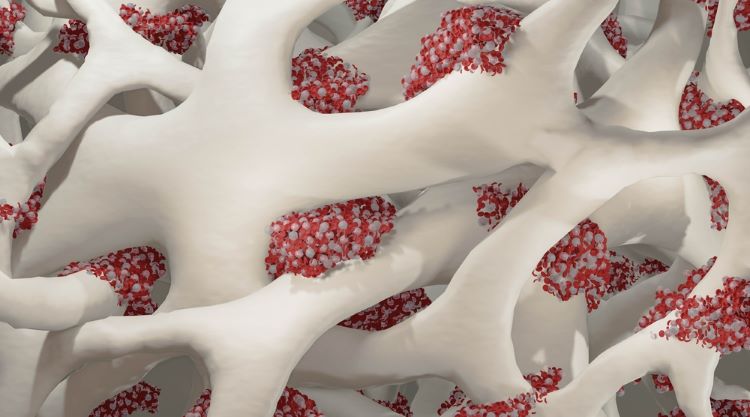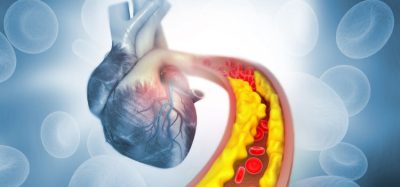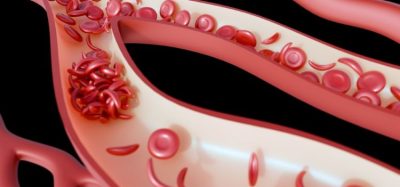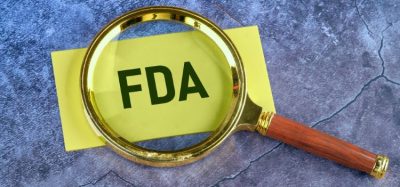Sandoz granted novel biosimilars approval
Posted: 6 March 2024 | Catherine Eckford (European Pharmaceutical Review) | No comments yet
The approval authorises the interchangeability of denosumab biosimilars in the US to treat primary and secondary bone loss.


The US Food and Drug Administration (FDA) has approved the first and only FDA-approved denosumab biosimilars, to treat all indications of the reference medicines.
This means that Sandoz’s Wyost® (denosumab-bbdz) and Jubbonti® (denosumab-bbdz) are interchangeable for all indications of reference medicines Xgeva® (denosumab) and Prolia® (denosumab).
Keren Haruvi, President Sandoz North America highlighted that denosumab is a medicine that can address primary and secondary bone loss, such as osteoporosis, as well as cancer-related skeletal events.
As US-approved biosimilars, Wyost and Jubbonti have the same dosage form, route of administration, dosing regime and presentation as the Xgeva® and Prolia®, which are are registered trademarks of Amgen Inc.
Medicines for Europe calls for simpler SPC manufacturing waiver
Significance of the biosimilars approval
Despite nearly 20 years of availability, the adoption rate of biosimilars globally is still comparatively low with reference medicines, which still represent 86 percent of all biologic treatments, according to Act4Biosimilars.
“The approval of the first denosumab biosimilar comes at a time of increased demand for more economically sustainable treatment options in many therapeutic areas, including oncology and immunology,” Sandoz told EPR.
Based on data from IQVIA, “with biosimilars having generated more than 4.5 million patient days of clinical experience since 2006 in Europe alone, their future growth potential is clear”, Sandoz asserted.
“However, there is a need for a conscious focus on improving biosimilar approvability by establishing the right policy and reimbursement environment to spur continued biosimilar development and address rising demand.
“Improved access to more affordable high-quality biologics through the adoption of biosimilars stimulates industry competition, frees up critical healthcare resources and also incentivises a new wave of clinical innovation as biosimilars become available, leading to investment in the development of entirely new and more effective therapies,” Sandoz continued.
About the biosimilar medicines
Based on data from Amgen, Jubbonti 60 mg/1 mL injection is a human monoclonal antibody that is designed to bind to the RANKL protein, an activator of osteoclasts.
Jubbonti
FDA shared that Jubbonti is approved for:
- osteoporosis in postmenopausal women who have a high risk of fracture
- to increase bone mass in men with osteoporosis at high risk for fracture
- to treat glucocorticoid-induced osteoporosis in men and women at high risk for fracture
- to increase bone mass in men at high risk for fracture receiving androgen deprivation therapy for nonmetastatic prostate cancer
- to increase bone mass in women at high risk for fracture receiving adjuvant aromatase inhibitor therapy for breast cancer.
Wyost
Similarly, Wyost 120 mg/1.7 mL (70 mg/mL) injection is a human monoclonal antibody designed to bind to the RANKL protein.
FDA stated that Wyost is approved to:
- prevent skeletal-related events in patients with multiple myeloma and in patients with bone metastases from solid tumours
- treat adults and skeletally mature adolescents with giant cell tumour of bone that is unresectable or where surgical resection is likely to result in severe morbidity
- treat hypercalcemia of malignancy refractory to bisphosphonate therapy.
The FDA noted that its decision for the biosimilars is based on clinical study data, which showed no clinically meaningful differences from the reference medicines. The approval is also accompanied by labelling with safety warnings.
Related topics
Big Pharma, Biologics, Biopharmaceuticals, Biosimilars, Drug Development, Drug Markets, Drug Safety, Drug Supply Chain, Industry Insight, Regulation & Legislation, Therapeutics
Related organisations
Related drugs
Biosimilars, Denosumab, Jubbonti® (denosumab-bddz), Prolia (denosumab), Wyost® (denosumab-bddz), Xgeva
Related people
Related diseases & conditions
bone cancer, fracture, osteoporosis, Osteoporosis-related fragility fractures, postmenopausal osteoporosis









